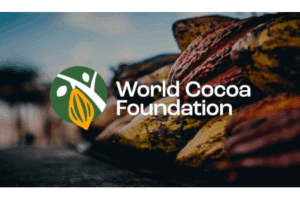With support from the United States Agency for International Development (USAID) Green Invest Asia, leaders from AAK, FrieslandCampina, Harmless Harvest Thailand, Nestlé, and Unilever joined Barry Callebaut, the world’s leading manufacturer of high-quality chocolate and cocoa products, to sign the coconut industry’s first Sustainable Coconut Charter. The charter aims to improve farmer livelihoods, lessen the carbon footprint of coconuts and boost supply to meet rising global demand.
Coconut consumption continues to grow globally, increasing its profile as a safe food alternative, but year-on-year rising demand risks emptying shelves of hundreds of coconut and oil-based products. Wide use of coconut in cosmetic, food and beverage, and pharmaceutical industries has driven rapid growth of the global coconut market. Any supply chain disruption could affect hundreds of products spanning food to pharmaceuticals.
Massimo Selmo, Global Head of Sourcing at Barry Callebaut, said: “The charter is an important milestone on the way to improving coconut cultivation and farmer livelihoods. I am pleased we have succeeded in bringing together key players and stakeholders at one table. This is a challenge that must be tackled together to be successful.”
Dr. Steven G. Olive, Mission Director of USAID’s Regional Development Mission for Asia, commented: “We are proud to have supported this valuable charter. The U.S. government prioritises working through the private sector to catalyse market reform and reduce greenhouse gas emissions that warm our climate. Guiding tools, such as this charter, create a landscape approach for sustainability in Asia. USAID stands ready to scale this initiative and look forward to more signatories joining.”
The Charter is an industry collaboration that defines coconut sustainability, and outlines focus areas, principles and sustainability program goals/ and outcomes in coconut supply chains, which include improving smallholder farmers’ income and livelihoods, enhancing supply chain traceability and preventing deforestation and mitigating climate change. It also aims to harmonise buyers’ requirements for supply chain partners.









